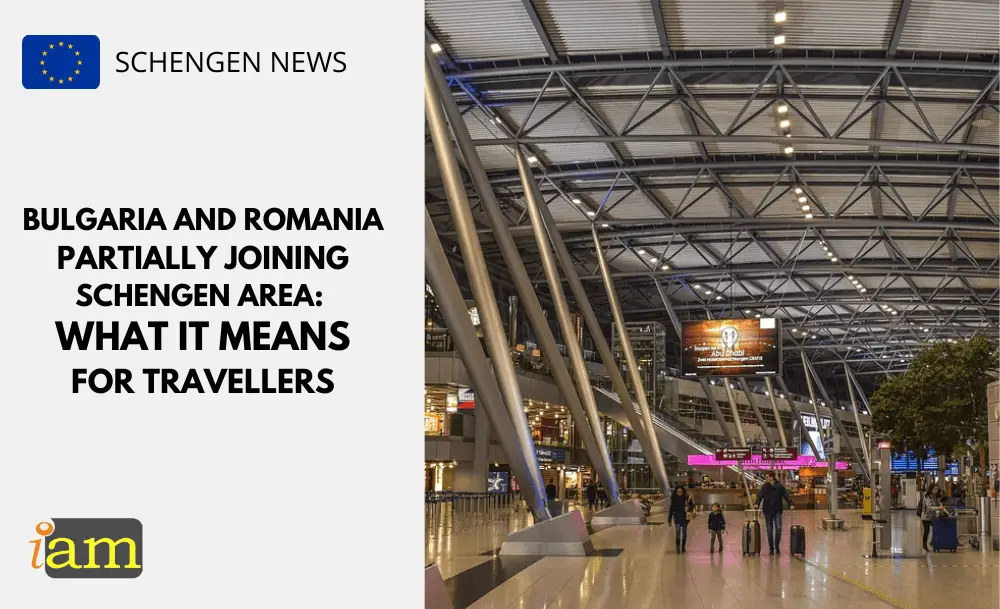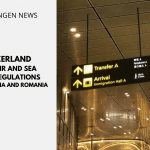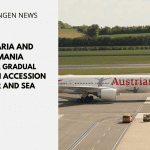Bulgaria and Romania Partially Joining Schengen Area: What It Means For Travellers

Romania and Bulgaria, both of which joined the European Union in 2007 and have been attempting for more than a decade to join the Schengen Area, will enter the border-free zone in stages, beginning with air and sea travel on March 31.
This border-free zone, designed to facilitate seamless travel between participating countries, currently grants approximately 400 million citizens the privilege of unhindered movement across member states.
Having been EU members since January 2007, Romania and Bulgaria's inclusion extends the Schengen Area into Eastern Europe, following Croatia's acceptance into the zone in 2022. Initially, Austria opposed the inclusion of these two nations, citing concerns about illegal immigration. However, an agreement was reached late last year, paving the way for their entry.
Both Romania and Bulgaria are set to join the Schengen Area “by air and sea” by the end of March 2024, allowing free movement for those arriving by flights or boats. The timeline for opening up land borders is still undecided.
For EU residents and travellers entering Bulgaria and Romania from other Schengen Area countries, no passport checks will be required for flights, ferries, or cruises. However, checks will continue at land borders for those arriving by coaches, trains, or cars.
Little will change for British travellers visiting these countries. Passport checks will be standard for those entering cities like Bucharest and Sofia unless they arrive from another Schengen Area country.
It's crucial to note that the rule limiting non-residents to a maximum stay of 90 days within 180 days without a visa now applies to both Romania and Bulgaria. Visits to these nations will count toward the 90-day limit.
Additionally, both countries adhere to the same passport validity requirements as the rest of the EU. Upon entry, passports must have a “date of issue” less than 10 years before arrival and an expiry date of at least three months after the planned departure.
Issuance of Short-Term Schengen Visas
Bulgaria and Romania are expected to initiate the issuance of short-term Schengen visas for foreign nationals requiring the document to enter the Schengen Area. These Schengen C visas, effective from April 1, 2024, will allow entry and stays of up to 90 days within 180 days.
Do you think Bulgaria will finally join Schengen this year? Talk to us in the comment section below. Or if you need more advice on the above, contact us for further travel & immigration advice.
Check out the deals we have found below and tell us your travel plans.
Check out the offers and discounts from:
And because of the pandemic, don’t forget to get your travel insurance, which will cover you for flight disruptions and pandemic related matters.
IaM can help with your visa application to Europe, the United States, the UK & other countries
If you need help with a US visa, a UK Visa, or a visa to Europe, including help with appointment booking obligations, IaM can help. For more information and advice on US immigration, UK immigration law and US visa applications or if you need any help or assistance please, reach out to your Visa Coordinator at IaM.
Some of our posts include affiliate links. If you choose to purchase any of these products, we might get a small commission. For more information, check out our TOS.











